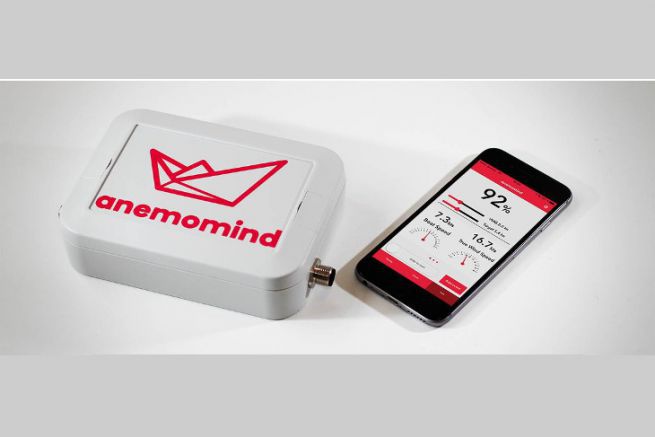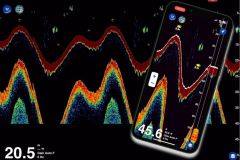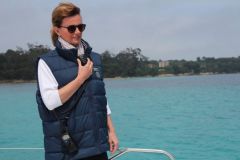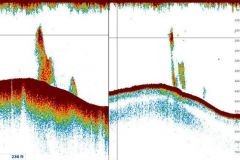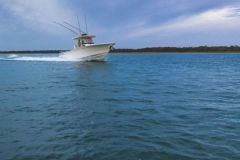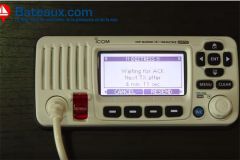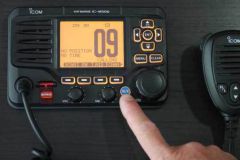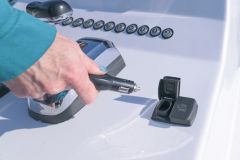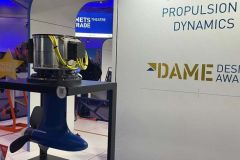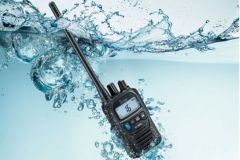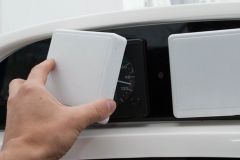Software for navigation data analysis
Anemomind was created in 2014 on the initiative of Swiss sailor Julien Pilet, a passionate sailor and consultant in the IT field. " I thought it was a shame to have so many sensors on a sailing ship that measure data without recording it and then being able to process and analyse it. So I started to do it for my regattas and in 2015, I created the company Anemomind "explains the founder.
A box allows the recording of the main wind, speed and heading data, while a mobile application allows the control of it. Cloud-based software analyses the data and the user can then consult them on the Anemolab website.
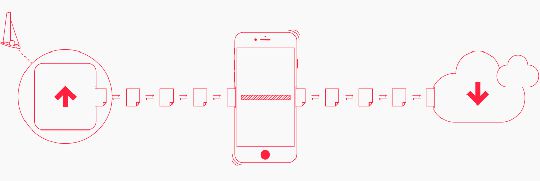
A segmented sailing and yachting market
While it has seduced enthusiasts, Anemomind has had difficulty finding an economic return. " I started the project as a hobby. Then it became a commercial project. But I realized that the sailing market was very fragmented, by country and by type of sailing. A French yachtsman often buys French equipment, a Swiss from a Swiss, etc... It is difficult to make a product that reaches enough people to be profitable. I have contacted companies in the sector but it is difficult to finance R&D for such a small market "reports Julien Pilet.
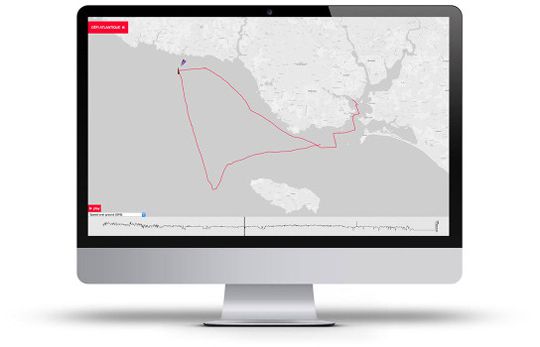
Anemomind in open source
After 5 years of development, Julien Pilet finally decided to open the Anemomind code. The processing software, as well as that of the navigation data collection box are now available in open-source on the github platform, with the necessary explanations for the developers. " I want this to continue by moving towards an associative and community model. May the time spent by the ten or so people who participated in the project and the 450,000 Swiss francs invested not be lost. We were already relying on open-source for the processing of the NMEA2000 in the box. The important thing is that this lives on for the current customers, with possible developments. Technologies in the boating industry are sometimes 20 to 30 years behind because companies are cautious in such a small market. The open-source for enthusiasts has then all its interest "concludes Julien Pilet.
